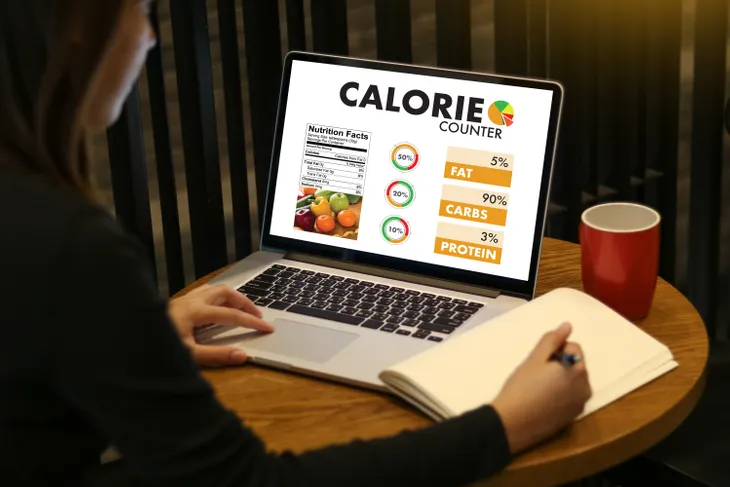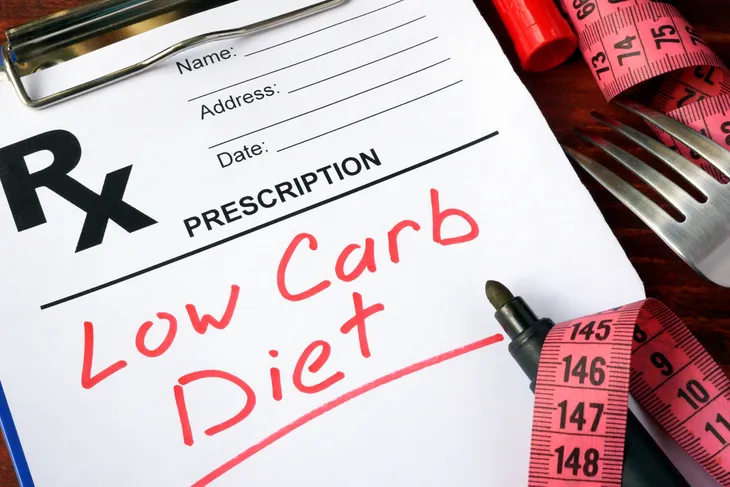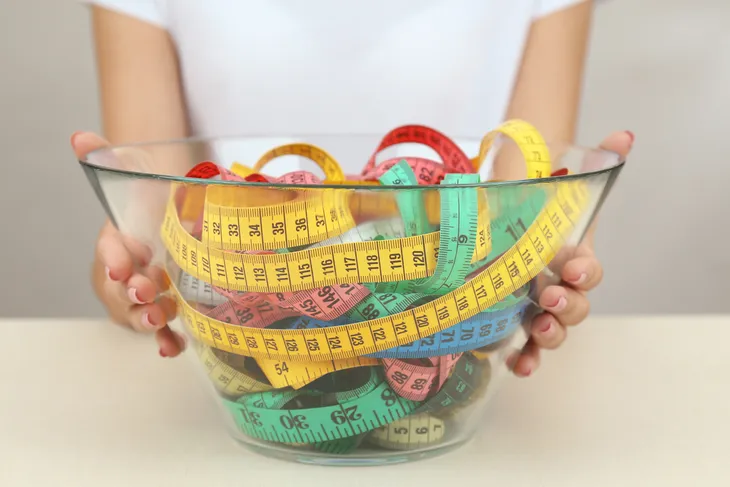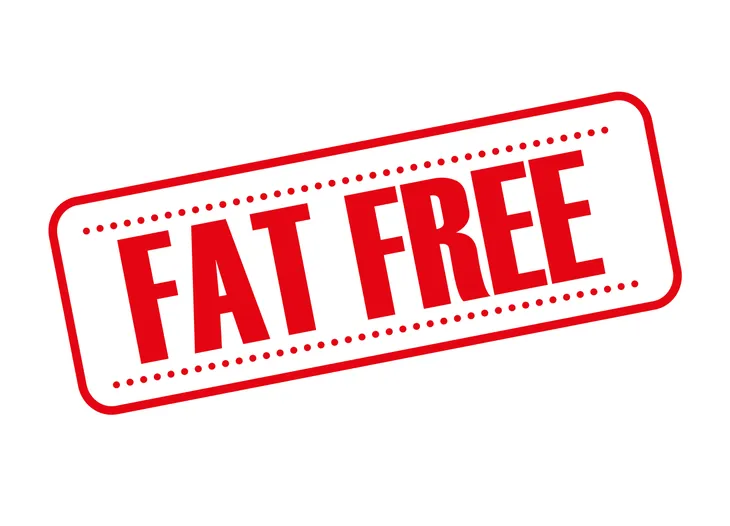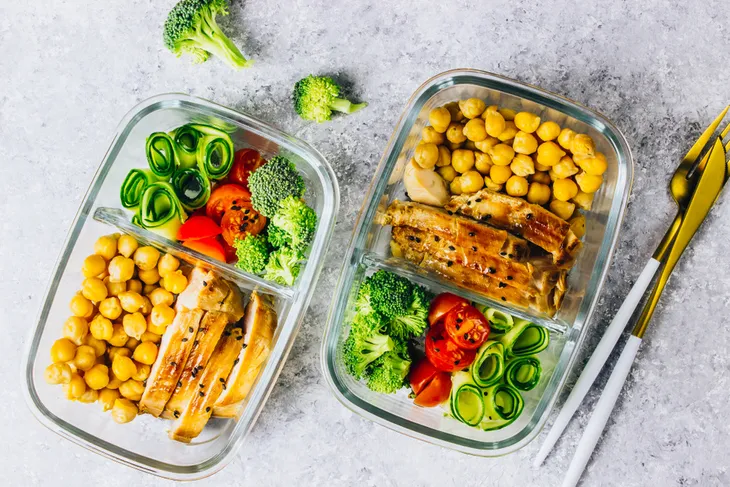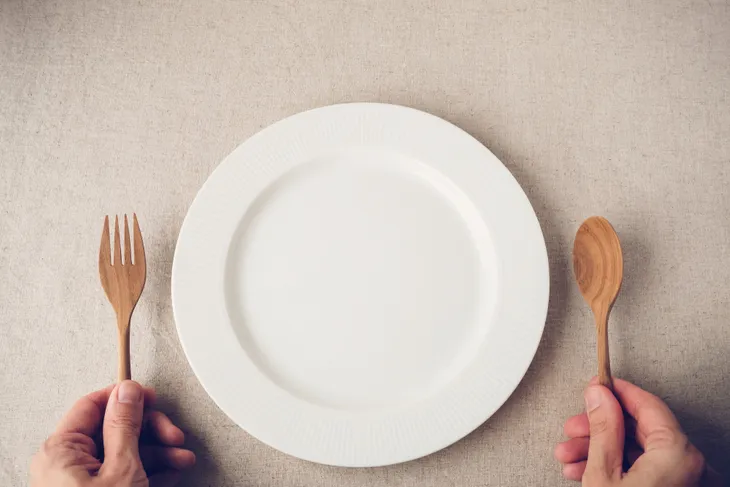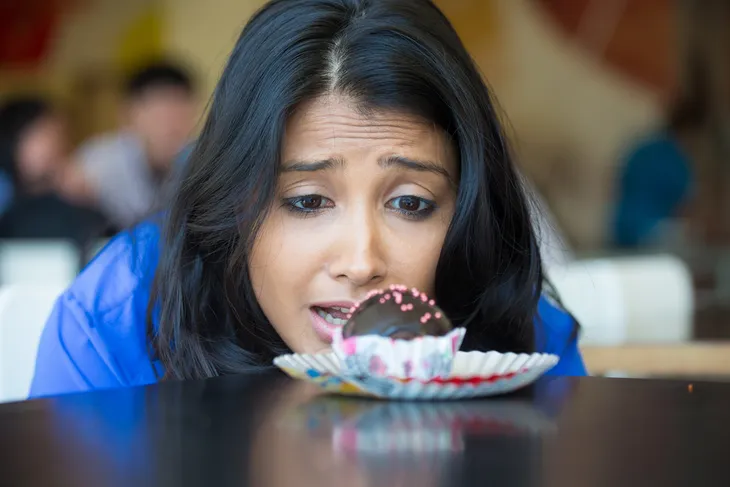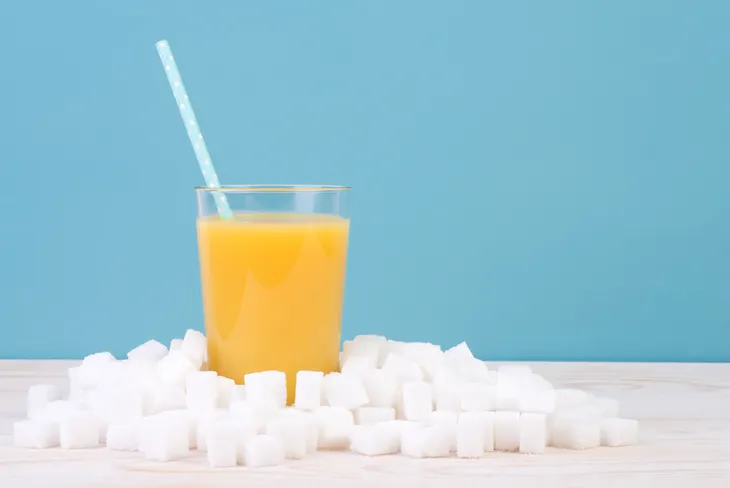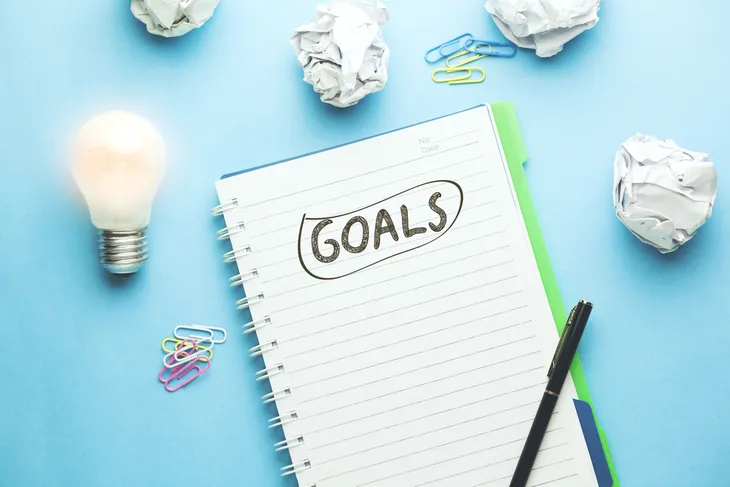Most diets are started with the best of intentions. Whether to lose weight, improve overall health, feel better or increase your self-esteem and energy. Nobody sets out to fail when embarking on a diet. Yet that’s exactly what thousands of people do every year. There are a myriad of reasons why diets fail. Unrealistic expectations of losing too much weight too fast, unsustainable fad diets that eliminate whole food groups, and emotional eating to name a few.
Some studies even show that once a diet is over, a large majority of people gain back all or sometimes even more weight than they lost to begin with. Many of these people were caught unawares by common diet traps.
Let’s take a closer look at these 10 common diet traps…
Cutting Too Many Calories From Your Diet
While it is true that the only way to lose weight is to burn more calories than you take in, drastically reducing your intake does not speed up the process. In fact if you cut too many calories your body goes into a primitive starvation mode and your metabolism actually slows down.
This is your body’s attempt to keep you alive until you find more food. The average woman needs 2000 calories per day and the average man needs 2500 in order to maintain a healthy weight. If you’re trying to lose pounds your caloric intake should not dip lower than 1200 per day.
Cutting Back Too Much on Carbs
Many diets advocate cutting carbs out of your diet completely. Eliminating any food group in its entirety should serve as a red flag. Carbs include whole grain products that contain essential B and E vitamins, protein, and antioxidants.
Carbohydrates help balance blood sugar levels and promote a feeling of fullness. Don’t cut them out completely. Instead pay close attention to healthy portion size and avoid highly processed carbs when practical to do so.
Wrong Portion Sizes
Many people make the mistake of ignoring or overestimating portion sizes. If it’s good for you then you can’t eat too much. Right? Wrong. No matter how nutrition packed your meal may be, eating too much can put on the pounds.
A 3 ounce serving of meat, fish or poultry does not take up ½ or even 1/3 of your plate. It’s the size of a deck of cards. A cup of cereal is the size of your fist and a half cup of ice cream is the size of a tennis ball, not a baseball. Size does matter when it comes to food portions and trying to lose or maintain weight.
Fear of Fatty Foods
Many diet foods call for low-fat or no-fat, as if that were a good thing. Many people are afraid to eat fat for fear of gaining weight. Nothing could be further from the truth. Processed foods remove fat, but replace it with refined sugar, salt and other unhealthy ingredients in order to trick you into eating more, which in turn spells more profits.
The truth is that many naturally occurring fats are an essential part of a healthy diet. They make you feel full and some contain vitamins and minerals. Avocado, nuts, olive oil, and fatty fish such as salmon are an excellent source of healthy fat which can be added to your diet.
Just Too Busy
Many people in our modern, fast paced society complain of being too busy to make nutritious home cooked meals or to exercise on a regular basis. Life gets in the way of the best laid plans. If you find yourself getting derailed by unexpected circumstances, take a few seconds or minutes to reflect. Forgive yourself. It’s alright, life does happen.
However, in order to be successful you’ll need to get back on track. How can you make things easier? How can you set your environment up for success? Perhaps you need to make your meals ahead of time on Sunday for the week ahead. With a little planning and problem-solving you’ll be able to weather the storms of your busy life and still succeed.
Skipping Breakfast
Breakfast is the most important meal of the day. Skipping it can lead to weight gain. Why? A good breakfast sets the tone for your entire day. It helps regulate blood sugar levels and reduces cravings.
One study conducted by the Imperial College in London discovered that participants who skipped breakfast tended to binge on high calorie foods later in the day. A study from WebMD claims those who eat a healthy breakfast in the morning are approximately 43-percent less likely to become obese and develop type 2 diabetes compared to those who do not.
Not Getting Enough Vitamins
In order to maximize health you’ll need to eat a well-balanced diet that includes a wide variety of items from all the main food groups. No one food will be able to meet all your basic nutrition needs. Especially when you’re dieting. That’s why it’s important to make sure you get all the vitamins and minerals you need to keep your body in top shape.
Vitamins help you digest your food, build muscle and bone and fight off infection. Talk to your doctor about taking a vitamin and mineral supplement while you’re dieting.
Use of Food as a Reward
Emotional eating and rewarding yourself with food can destroy your best efforts to lose weight. One study found that 86 percent of people ate high calorie “comfort foods” when happy or when they wanted to feel comforted. These foods are often associated with pleasant social situations from childhood, like holiday dinners with friends and family.
The same researchers found that 74 percent of people ate to reward themselves. This could involve things like going out to an expensive restaurant for dinner after a promotion or job well done. Being aware of this trap is the first step. Rewarding yourself with something other than food is the second.
Drinking Your Calories
Many people don’t realize or completely discount how many calories come in liquid form. You can easily drink your entire days’ worth of calories in a single sitting. A simple glass of wholesome orange juice at breakfast can add up to 100-calories. A fruit smoothie on the way to the gym can pack upwards of 500 calories.
A large latte in the morning can add 250-calories. A pint of beer with dinner equals 170-calories and that one glass of red wine adds another 90-calories. Water, on the other hand, is readily available and has 0-calories.
Giving Up
Dieting is extremely common. In fact it’s estimated that 31-percent of North American adults are permanently on a diet. Falling off your diet by overeating or indulging in high calorie forbidden foods can make you feel like giving up. If your diet is too restrictive or the results aren’t immediate, you can lose heart. The trick is to set yourself up for success. This includes your environment whenever possible.
Get rid of the junk food in your fridge. Empty your cupboards of cookies and processed snack foods. Enlist the help of a doctor, dietitian or friend to keep you accountable. Reporting your progress to another person helps motivate people to stick to their plan. Keep your goals realistic. The good news is you’ve already come this far and with a little bit of adjustments, your weight loss goals are within your reach.

